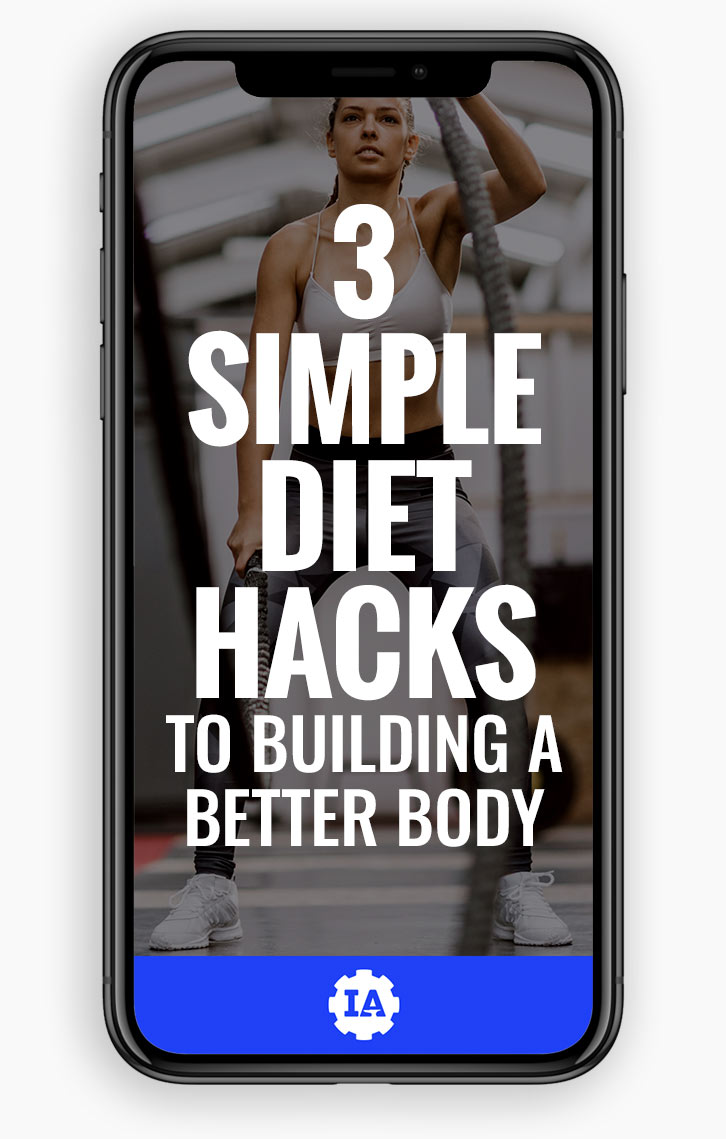The idea of competition in CrossFit has been on my mind a lot recently. As a high intensity functional fitness program, the presence of competition can drive someone to push harder than they ever thought possible. Knowing that an athlete next to you may finish those last reps before you do will push you to the red line to finish first. We look at the white board to see how our WOD results stack up against others who have done the same WOD that day. We compare lifting numbers to see whose 1 rep max is highest.
Additionally, as humans, we are constantly driven to improve ourselves and be better than we were yesterday. In essence, we are competing with ourselves to improve. We might want to improve on a benchmark WOD, achieve better form in our snatch, or train our bodies to lift more weight for more reps. Our mind might think we can’t do something that our body wants to try, or vice-a-versa. As a WOD gets longer, we have rising doubts about our ability to finish that we have to overcome. We fight with doubt and ego from one moment to the next.
Unfortunately, these two types of competition (interval vs. external) can cause some serious internal conflict. Often times, pushing ourselves to improve internally will cause us to become uncompetitive in our external environment. Trying to conquer a new skill, or lift more weight, might slow us down or result in less rounds. The fear of being perceived as weak or not as fast as someone else is a strong motivator to stay within a comfort zone where we can compete externally with other people. In the end, we limit our progress because of a number on the white board. Over time, we become frustrated because progress slows, and may even come to a halt.
So, what do we do? How do we know when to compete internally vs when to compete externally? The answer is not an easy one because it takes some internal reflection. Let’s look at an example:
Athlete A is a pretty good CrossFitter. She has been CrossFitting for about 2 years. She can do one or two full range handstand pushups, but usually uses a small raised target to make them easier.
The WOD has 8 handstand pushups per round. Preparing to pick her scale, she has two options: 1. Use a raised target again so she can keep up with the other females in the class and see if she can complete more rounds, or 2. Talk to her coach about struggling through full range handstand pushups so she can get better at them.
Watching CrossFitters over the lifespan on their fitness demonstrates changing patterns of motivation through competition. Beginners just want to survive. They show up because they want to improve themselves. They don’t think they are competitive with the other members, so they look internally for competition and motivation. As the beginners get better, they turn to external competition to continue to motivate them to progress. However, using external stimuli as your motivator places you at the mercy of that external stimuli. Remove it, and you remove your competitive motivation.
The challenge is turning back to internal competition and motivation to continue to progress. That’s the mark of an experienced, and mentally strong, CrossFitter.
Look around at the CrossFitters we all look up to: the top level CrossFit Games Athletes, the coaches with great reputations, those at the top of your CrossFit Affiliate. They don’t worry about what people are doing on social media, they don’t worry about the white board, they don’t pay attention to what someone else is doing. They worry about what they can control: Their mind, their choice, the response to their environment, their purpose. Having a coach critique them on their handstand walk form is more detrimental to them than losing to other athletes by 30 seconds in a For Time WOD. They are motivated by being a better all around athlete.
Ben Bergeron argues that you have to be mentally strong before being physically strong. Strategy, comparison, external competition serves no purpose if you don’t have the mindset to support greatness.
So, the next time you are staring at the WOD wondering if it is better to scale down and “go fast,” or change one area of the scaling and work on a skill, or work at a higher weight, talk to your coach. I am willing to bet he or she will have some great insight to help you progress in your fitness depending on where you are now, and where you want to go.




